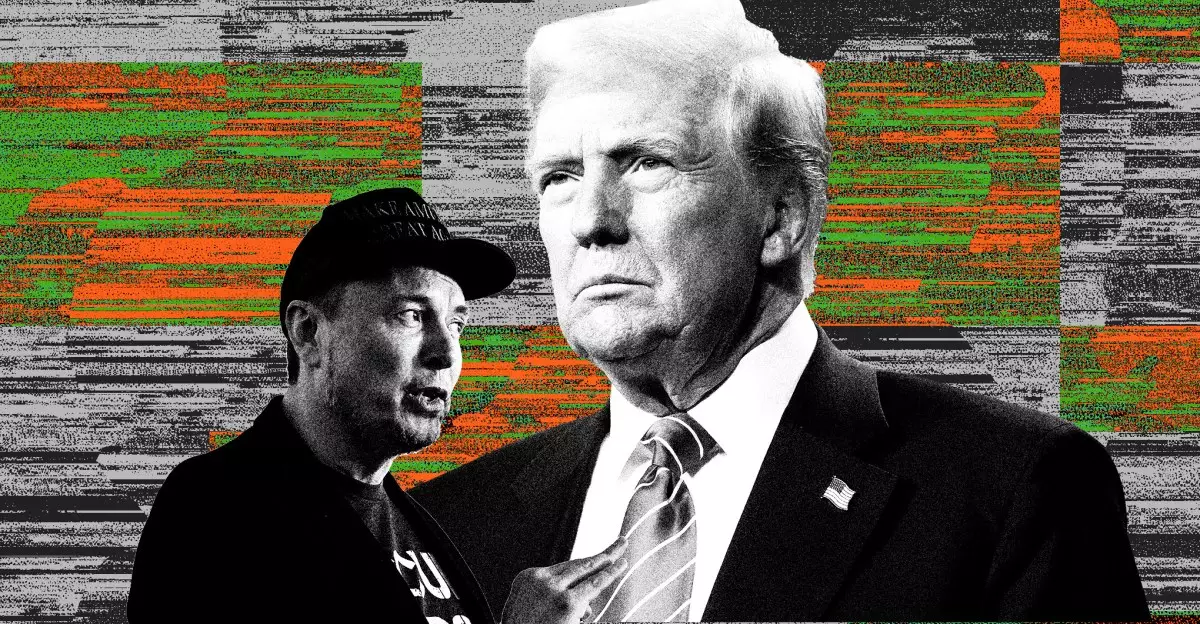The events of January 6, 2021, marked a significant moment in American history, leading to unprecedented consequences not only politically but also in terms of social media governance. Elon Musk’s platform, X (formerly known as Twitter), became embroiled in controversy following its decision to suspend former President Donald Trump’s account amidst mounting scrutiny and outrage. This action raised many questions regarding the balance of free speech, censorship, and the responsibilities that social media platforms hold in the digital age. In the wake of these events, Trump has pursued legal action against multiple tech giants, claiming that their decisions were unjust and detrimental to him personally and politically.
Reports indicate that Musk’s platform has agreed to pay Trump approximately $10 million as a settlement for the lawsuit. This financial decision might appear straightforward on the surface, but its implications are anything but simple. While around $10 million is a substantial amount, it pales in comparison to the estimated $250 million Musk previously funneled into political efforts aimed at supporting Trump’s electoral ambition. This dynamic highlights a peculiar intertwining of interests where business, politics, and the social media landscape collide. Such financial settlements could pave the way for more complexities regarding how platforms manage accounts linked to political figures, especially in divisive situations.
The legal landscape surrounding Trump’s interactions with social media companies continues to evolve. A significant moment came when a judge dismissed Trump’s lawsuit against Twitter, along with similar actions against Facebook and Google, in 2022. The ruling rejected the notion that these companies acted as state actors or that Section 230—a crucial piece of legislation providing immunity to online platforms—was unconstitutional. The dismissal underlined the ongoing debate about the limits of free speech in private versus public domains, indicating that while these companies have substantial power in moderating content, they are not immune from criticism regarding their decisions.
While Trump’s case against Google remains open, Meta has already chosen to settle its own ongoing litigation with Trump for a considerable sum of $25 million. This willingness to reach settlements indicates that social media companies might prefer to avoid protracted legal battles and the bad publicity they often attract. Such decisions illustrate a broader trend where major tech firms are reevaluating their content moderation policies, striving to strike a balance between maintaining a safe platform and respecting free expression, especially when it involves prominent political figures.
As discussions about free speech and content moderation continue, the ethical responsibilities of social media platforms are under heightened scrutiny. The ongoing legal challenges and settlements could set precedents for how similar cases are handled in the future. The implications extend well beyond one individual’s interaction with these platforms, raising essential questions about how we define free speech in an increasingly digital world. In navigating this complex landscape, platforms like X will need to consider not only their legal standing but also their broader social impact and accountability.

